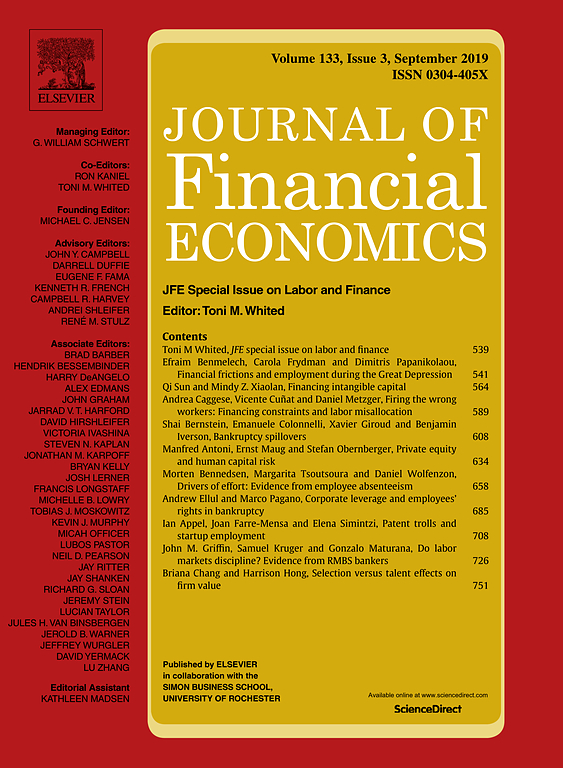
Financial Integration, Housing, and Economic Volatility
The Great Recession illustrates the sensitivity of the economy to housing. This paper shows that financial integration, fostered by securitization and nationwide branching, amplified the positive effect of housing price shocks on the economy during the 1994–2006 period. We exploit variation in credit supply subsidies across local markets from government-sponsored enterprises to measure housing price changes unrelated to fundamentals. Using this instrument, we find that house price shocks spur economic growth. The effect is larger in localities more financially integrated, through both secondary loan market and bank branch networks. Financial integration thus raised the effect of collateral shocks on local economies, increasing economic volatility.





